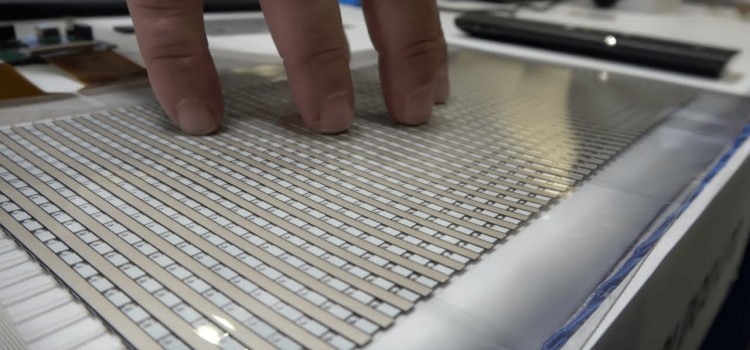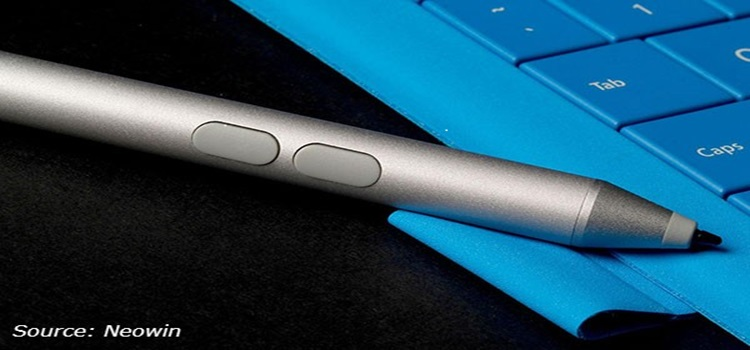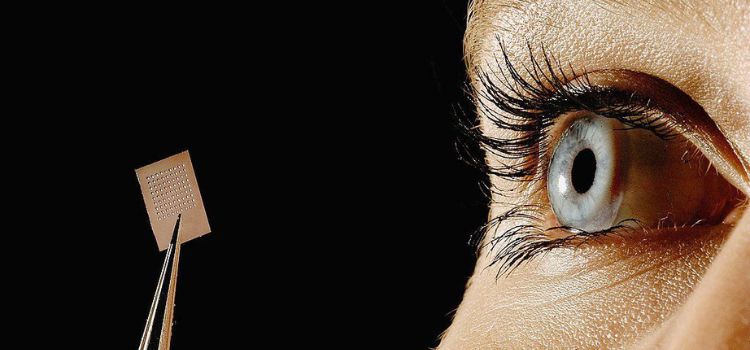Canada Eye Tracking Market by Type (Head Mounted Eye Tracker and Remote Eye Tracker), by Component (Hardware and Software), by Application (Assistive Communication, Academic Research, Consumer Behavior Research, Usability Testing and Other Applications), and by End-User Industry (Retail, Automotive, Healthcare, Government and Others)- Opportunity Analysis and Industry Forecast, 2024– 2030
Industry: Semiconductor & Electronics | Publish Date: 17-Jul-2024 | No of Pages: 143 | No. of Tables: 108 | No. of Figures: 53 | Format: PDF | Report Code : N/A
Canada Eye Tracking Market Overview
The Canada Eye Tracking Market size was valued at USD 45.8 million in 2023, and is predicted to reach USD 400.9 million by 2030, at a CAGR of 34.9% from 2024 to 2030. The eye tracking industry is a comprehensive ecosystem of products, services, and technologies designed to measure and analyze eye movements, gaze direction, and fixation points.
This market includes specialized hardware such as cameras, sensors, and light sources, as well as software solutions for data processing and analysis. Eye tracking, also known as eye monitoring systems, are applied across various industries such as psychology, market research, user experience testing, and human-computer interaction to provide insights into consumer behavior, visual perception, and interface usability.
In the contemporary landscape of user experience and human-computer interaction, eye monitoring systems emerges as an indispensable tool, offering invaluable insights into user engagement and interface usability.
Expanding Applications of Eye Tracking Across Diverse Sectors Drives the Market Growth in Canada
The eye tracking market in Canada is experiencing robust growth fueled by its integration into diverse sectors, including lie-detection systems, the video gaming industry, and cognitive testing.
These applications are expanding the scope of vision movement tracking technology, enhancing capabilities in security, entertainment, and healthcare. Also, the video gaming industry benefits from eye tracking by improving user interaction and immersion, adjusting gameplay dynamics based on real-time eye movement data.
Moreover, healthcare applications utilize eye tracking to diagnose and monitor mental and neurological disorders, improving diagnostic accuracy and patient care outcomes. This versatility underscores the growing significance of eye monitoring technology in the evolving Canada eye tracking market landscape.
Increasing Investments in Smart & Wearable Technology Driving Growth of Eye Tracking Market
The Canada eye tracking market demand is driven by the increasing investments in smart and wearable technology, along with the rising adoption of eye tracking technology particularly in applications that enhance user interaction and control in wearable devices.
Simultaneously, there is a notable surge in demand for assistive communication devices utilizing eye tracking technology, aimed at improving communication accessibility for individuals with disabilities. These trends underscore the expanding role of vision tracking technology in both consumer electronics and assistive technology sectors within the Canadian market.
Proliferation of Alternative Technologies Hinders the Canada Eye Tracking Market Expansion
The Canada eye tracking market expansion is significantly restrained by the proliferation of alternative technologies such as gesture recognition, unimodal methods, and multimodal activity recognition. The availability and adoption of these alternatives limit the industry potential by providing competitive solutions that meet diverse user needs and preferences.
Integration of AR and VR in Eye Tracking Technology Creates Future Market Prospects
The swift integration of eye monitoring systems across various sectors, including augmented reality (AR), virtual reality (VR), lie-detection systems, and cognitive testing, is poised to unlock significant opportunities within the Canada eye tracking market trends.
This technology plays a crucial role in enhancing image clarity and reducing eye strain in AR and VR applications, thereby elevating user engagement and comfort levels. It benefits from natural stimuli and controlled data collection, making it a dynamic field driven by startups and investments from tech giants such as Apple, Google, Facebook, and Samsung.
For instance, in March 2022, Mojo Vision announced a new advanced prototype of its AR smart contact lens Mojo Lens. The prototype includes various new hardware features and advanced technologies such as advanced display, communications, eye tracking technology, and a power system embedded into the lens. It allows users to access timely information quickly and discreetly without forcing them to look down at a screen.
Competitive Landscape
The key market players operating in the Canada eye tracking industry include Tobii AB, Smart Eye AB, Lattice Semiconductor Corp, Ogilvy, Seeing Machines Limited, AVSimulation, Lumen, Eyetech Digital Systems, Inc., EyeTracking, Gazepoint, Eyegaze, Eyeware Tech, SR Research Ltd., Pupil Labs, and Irisbond Crowdbonding, S.L. and others.
Canada Eye Tracking Market Key Segments
By Type
-
Head Mounted Eye Tracker
-
Remote Eye Tracker
By Component
-
Hardware
-
Software
By Application
-
Assistive Communication
-
Academic Research
-
Consumer Behavior Research
-
Usability Testing
-
Other Applications
By End-User Industry
-
Retail
-
Automotive
-
Healthcare
-
Government
-
Others
REPORT SCOPE AND SEGMENTATION:
|
Parameters |
Details |
|
Market Size in 2023 |
USD 45.8 Million |
|
Revenue Forecast in 2030 |
USD 400.9 Million |
|
Growth Rate |
CAGR of 34.9% from 2024 to 2030 |
|
Analysis Period |
2023–2030 |
|
Base Year Considered |
2023 |
|
Forecast Period |
2024–2030 |
|
Market Size Estimation |
Million (USD) |
|
Growth Factors |
|
|
Companies Profiled |
15 |
|
Market Share |
Available for 10 companies |
|
Customization Scope |
|
|
Pricing and Purchase Options |
Avail customized purchase options to meet your exact research needs. |
|
Customization Scope |
Free customization (equivalent up to 80 working hours of analysts) after purchase. Addition or alteration to country, regional, and segment scope. |
|
Pricing and Purchase Options |
Avail customized purchase options to meet your exact research needs. |
KEY PLAYERS
-
Tobii AB
-
Smart Eye AB
-
Lattice Semiconductor Corp
-
Ogilvy
-
Seeing Machines Limited
-
AVSimulation
-
Lumen
-
Eyetech Digital Systems, Inc.
-
EyeTracking
-
Gazepoint
-
Eyegaze
-
Eyeware Tech
-
SR Research Ltd.
-
Pupil Labs
-
Irisbond Crowdbonding, S.L.




 Speak to Our Analyst
Speak to Our Analyst































